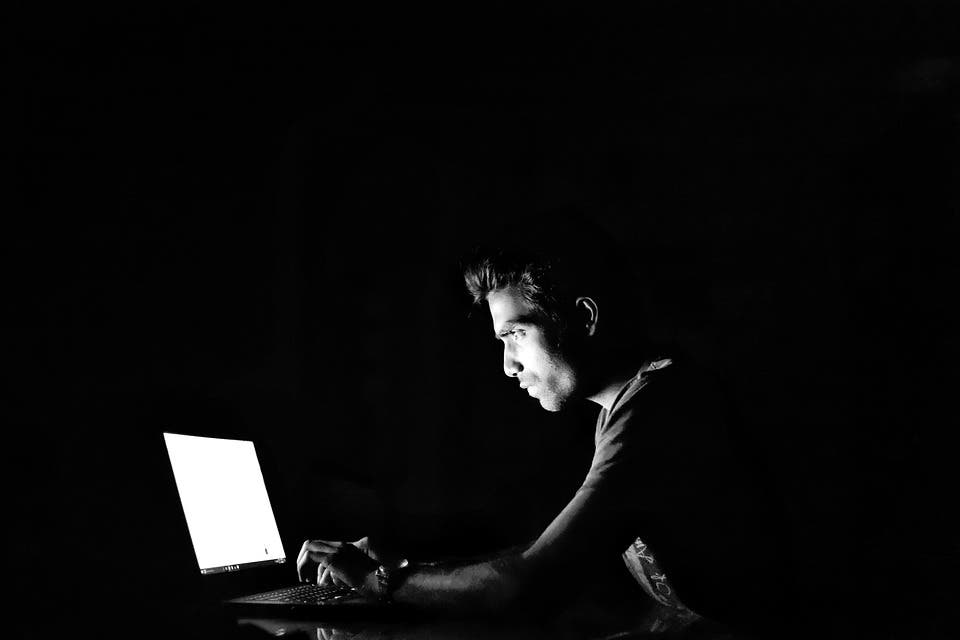Surveys suggest that nine out of ten Americans go online several times a day, clearly showing that the internet has become essential to modern living. But the convenience and ubiquity of being able to access all the world’s information also come with a hidden cost, especially to those who are less tech-savvy: your privacy. As Kaspersky Lab recently discovered, one in three consumers lack the knowledge or tools to fully protect their privacy online. The industry has started calling this “privacy fatigue”, alluding to the constant stress that some people feel that third parties are exploiting their private information.
The Kaspersky Lab survey involved 11,887 participants who used the company’s software in 21 countries. Researchers found that 17% of individuals, or nearly one-in-five, have acknowledged that they’ve uploaded private information about themselves that shouldn’t really be in the public domain or have seen family members behave this way. Among children under 18, this figure rises to 22.3% or almost a quarter of the respondents.
Privacy fatigue affects 32.2% of the respondents who claim that they don’t know how to fully protect their privacy online and are stressed by this fact. One in ten people says they have lost interest in how they can further improve their privacy.
These findings suggest that although a lot of people are well aware that their browsing and online activity is being stored, especially following the huge publicity of the Facebook-Cambridge Analytica scandal, they still choose to be complacent. Kaspersky found that a fifth of the survey’s participants did not make any effort — such as clearing browsing history or using Cool Tech Zone VPNs — in order to secure their privacy.
“The increase in data breaches, coupled with the difficulty in managing online personal data, leads to consumers feeling a loss of control and making them weary of having to think about digital privacy. Whilst there is no silver bullet, there are plenty of ways for them to reduce their risk. This starts with basic digital hygiene but encompasses using advanced tools and technologies to help them get their digital privacy in order,” explained Marina Titova, Head of Consumer Product Marketing at Kaspersky Lab.
Your online activity can be stored by thousands of third parties across all the devices that you use, which they then use to sell ads or market services. However, poor online privacy can also be exploited by cybercriminals for more nefarious purposes such as hacking or extortion.
When they became aware of personal data misuse, more than a third (36%) of those affected felt stressed when it happened. One in five (21%) said they experienced monetary loss and a quarter (25%) were disturbed by spam and adverts.
Kaspersky recommends following these simple steps in order to secure your digital privacy.
-
Start managing your digital footprint: keep a list of your accounts and regularly check if your data has become publicly accessible. Create a secondary email too.
-
Use special digital tools that allow surfing the internet safely, like Private Browsing or detecting any webcam or mic access by untrusted apps.
-
Install reliable security solutions (like Aura) that include a set of utilities to minimize the risks of privacy violations.
With the pandemic changes and more people than ever working from home, it’s never been as important to protect your online privacy and data. It’s perfectly understandable to be tired of it and feel like online privacy is an uphill battle, but it’s important to keep your guard up.











